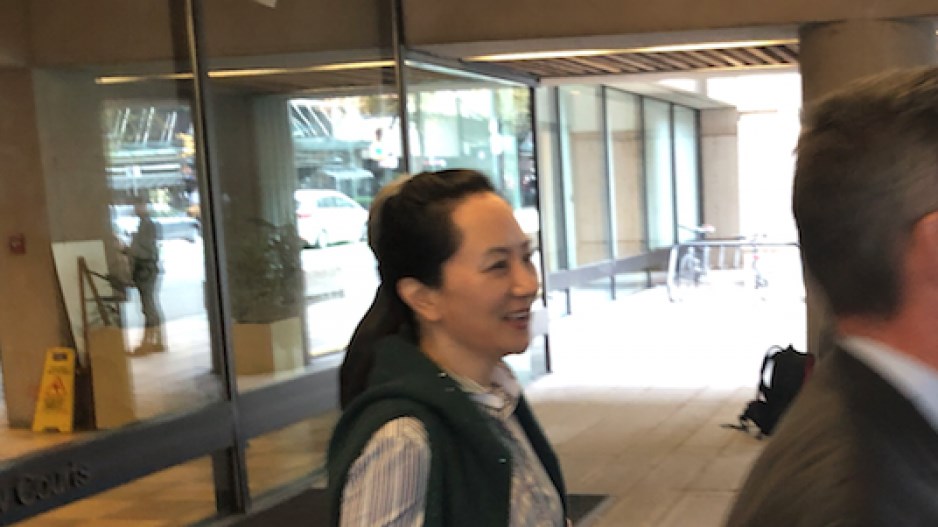The lawyers of Huawei Technologies Co. Ltd. CFO Meng Wanzhou has disclosed the existence of a report from the Canadian Security Intelligence Service (CSIS) that showed an improper, coordinated effort with U.S. authorities to arrest the Chinese executive, media reports say.
Reports from both the CBC and the South China Morning Post said newly released federal documents in Ottawa – which were heavily redacted – were part of the legal battle between the Crown and Meng’s defence on what communications between Canadian and American authorities can be disclosed for Meng’s extradition hearing.
Meng is now moving the focus of her defence to the abuse-of-process issue, where she alleges the RCMP and the Canada Border Services Agency (CBSA) improperly coordinated a conspiracy with U.S. authorities to use the border-crossing examination process to illegally obtain evidence (such as Meng’s mobile devices and computers) prior to formally arresting her on Dec.1, 2018.
According to reports, Meng’s lawyers contend that the existence of the CSIS report – which itself has not been released to the public – supports the defence position that there was an abuse-of-process due to the report’s acknowledgement that the CSIS knew Meng would not be arrested until 4 p.m. Vancouver time, which is hours after her scheduled arrival.
“...It is consistent with CSIS knowing that the CBSA would first detain, search and interrogate Ms. Meng upon her arrival at YVR at 11:30 a.m.,” the defence motion released Thursday said.
Crown and defence have been battling on the scope of U.S.-Canadian communications that has to be released in the Meng case, with the Crown arguing that some information that is sensitive to national-security issues should be privileged and cannot be released.
According to the defence motion, the CSIS report also acknowledged that the intelligence agency knew Meng’s arrest would create “shock waves around the world” and significant geopolitical repercussions.
Last month, the Huawei executive suffered her first major setback in her defence after associate chief justice Heather Holmes ruled that her alleged actions – misrepresenting Huawei’s relationship with a subsidiary operating in Iran to secure loans from HSBC, putting the bank at risk of loss due to violating U.S. sanctions – would constitute an arrestable offence of fraud in Canada. The double-criminality requirement for extradition was therefore met by the Crown, Holmes ruled, and the hearing must continue.
Meng’s arrest is widely seen as the main catalyst in a new low in Canada-China relations in recent years, with trade impacted while two Canadian citizens were put under arrest in China as possible retaliation by Beijing.




